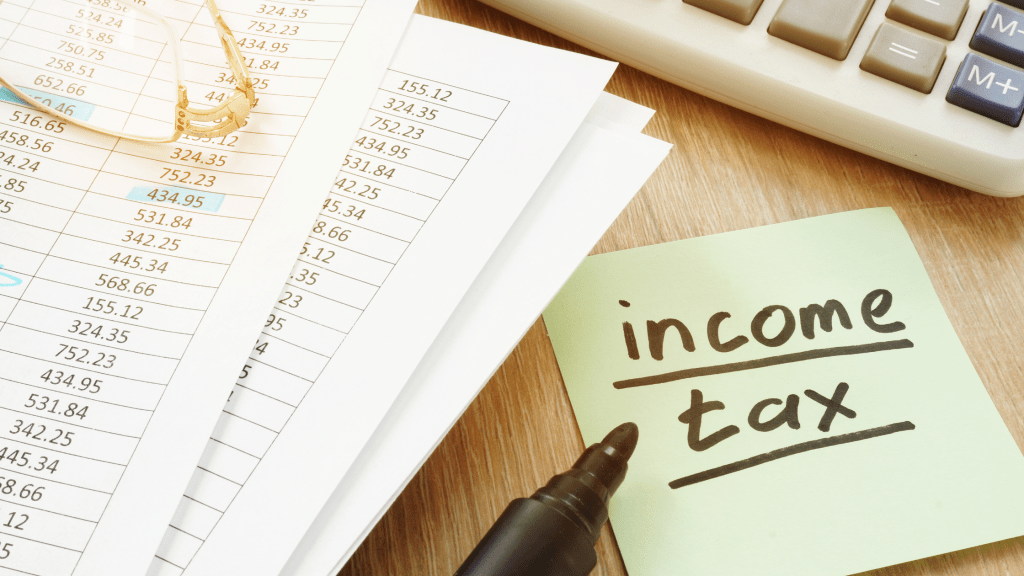As a homeowner, one benefit of owning real estate is selling and profiting from your home’s price appreciation. In Vancouver real estate, it can be a lucrative investment. Selling your home isn’t tax-free, and the Canadian Revenue Agency will share in profits made. Let’s take a closer look at your tax responsibilities when selling your home.
Capital Gains Tax
The oft-referenced term refers to the taxes that apply against gains realized in selling your investment capital. Or, in this case, your real estate property.
Your capital gains denote the difference between your current cash proceeds and the amount you paid for a home. As capital gains taxes go, 50% of your gains are included in your taxable income for the year.
Capital Gains Exemption – Your Principal Residence
To offer a reprieve, the tax agency provides a tax exemption where the property is for the owner’s personal use and enjoyment. As a homeowner, you’ll qualify for the capital gains exemption if you designate your home as your principal residence. As quoted from tax regulations, to be deemed your principal residence, there are 4 conditions:
- It is a housing unit, a leasehold interest in a housing unit, or a share of the capital stock of a co-operative housing corporation you acquire only to get the right to inhabit a housing unit owned by that corporation.
- You own the property alone or jointly with another person.
- At some time during the year, you, your current or former spouse or common-law partner, or any of your children have lived in the property
- You designate the property as your principal residence.
Business Profit
On the flip side of an exemption from taxes, different tax treatments can apply if you might have gotten into the habit of house flipping. In this case, you may be liable to pay taxes on the total gains or profit made from selling homes.
The tax agency will review factors such as your pattern of homeownership and length of time holding each property to determine if your home sale represents more of a business transaction.

Reporting the Sale of Your Property in Personal Taxes
Whenever you sell capital property, regardless of whether or not you qualify for a principal residence exemption, you’ll need to report the sale with the Canada Revenue Agency. You should provide all necessary sales records to your accountant so that they can report the property sale in your income tax return for the year. Otherwise, you can be denied the exemption and also be liable to pay penalties for late reporting.
Reporting a Home Sale as a Non-Resident of Canada
If you’re a non-resident of Canada, your reporting requirements will differ. First, the timing of reporting will be more immediate. You’ll be responsible for informing the CRA before your home sale or within 10 days of the sale. Second, you’ll need to submit applicable capital gains taxes to the tax agency. Once done, you’ll be able to secure a Certificate of Compliance or clearance certificate. When your home sale completes, the buyer’s conveyancer will require a copy of your application for the clearance certificate. Otherwise, the conveyancer will withhold deemed capital gains taxes from sales proceeds to ensure taxes are paid when the title passes to the new homeowner.
Speak with an Accountant
It’ll be important to speak with an accountant and go through all the pertinent details of reporting a sale of your home during the year. You want to ensure that you’ve covered your tax responsibilities when selling your home. Otherwise, you may find yourself burdened with unnecessary and altogether avoidable penalties.
If you’re interested in reading into the topic, you can review the official tax publication regarding Capital Gains Taxes here.
Like, comment, or share if you found this content helpful.
Speak to our real estate team about the potential sale of your home.


